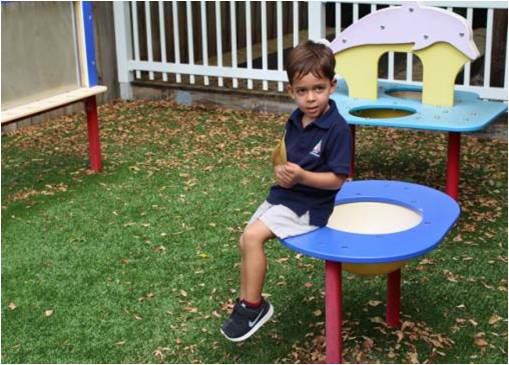We always think about truth and honesty as the principal values of the human being and we develop the confidence thinking about it. But sometimes it is not possible to have everything clear and under control specially in the case of the little ones of the house, our children, those that sometimes surrender to the power of little white lies. When a child hesitates about telling the truth parents can feel that the world falls apart and all the effort of education is gone, but that is not true. Lying is bad and a worrying habit but there is too much to learn about it. What is behind the lies? It could be many things.
Kids are human beings in permanent learning, they aren’t born with the social code internalized, so sometimes they have to figure it out in the case of the “approved behavior”. The value of telling the truth is something that must be observed and learned as a normal conduct. In many cases children lie because they feel afraid about something they did and they don’t want to be in trouble with parents or adults they depend on. The reactions depend also on the age. Children from 3 to 7 years still don’t know the difference between reality and fantasy and can create imaginary worlds to play with their own rules. In that case parents need to make an extra effort to make them what is right and what is wrong.
Why do children lie? Sometimes kids do things without thinking in consequences, and it is too late to say sorry when they see their mothers appear with an angry face. The truth seems unreachable and the lie appears. Kids lie also when live in a dangerous or violent atmosphere, to get out of doing something they don’t want to do, when they want to be accepted (as a way to fit in), when parental limits are too strict or when parents lie as a normal behavior.
Children also can lie for other reasons as to establish identity (connecting with peers), make an specific impression about their personality, to keep separate lives from their parents, to get attention or to avoid hurting other´s feelings. It is parent´s job to know their children and differentiate the type and magnitude of lies their kids tell and evaluate if they are developing a kind of risky behavior.
What can parents do about this uncomfortable habit? Be prepared to hear anytime something suspicious from your kids, some phrase or excuse that may be not a transparent true. And think that is normal. Plan ahead and consider what are you going to do “in case of”, ask a friend, a counselor, a teacher or any other person for advice. Try to be neutral as much as you can and talk to your son. Don’t lecture your kids, they already know for your attitude that there is something wrong, so get to the point, look for the cause and offer the alternative ways to lying. When you’re talking with your child, be specific about what you see and what the problems are. Don’t be too complicated in your message, use short phrases, be direct and specific. Don’t close the door to your child, maybe behind the lie there is a problem he is facing, be analytic. It is better to create a safe environment where the child can feel understood. Listen to what is going on “underneath” the lie. Just a little percentage of kids lies as a chronic behavior which should be evaluated by a specialist, in most of the cases if parents manage the problem, children catch the idea: telling the truth is the best way to keep problems away.







No Comments Yet